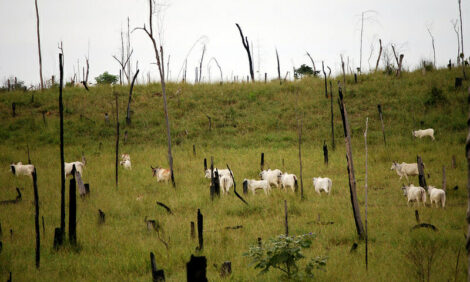



RABDF submits key evidence on foreign labour contributions to UK dairy sector
The Royal Association of British Dairy Farmers (RABDF) has submitted vital evidence to the Government highlighting the negative impact restrictions on access to foreign labour could have on UK dairy farms post-2021.The Association, who has led the issue of foreign labour on dairy farms for almost a decade, put forward their case to the Environment, Food & Rural Affairs Committee (EFRA) Inquiry into Labour in the Food Supply Chain.
This follows an announcement earlier this year that from 1 January 2021, a new points-based immigration system will give priority to those with the "highest skills and greatest talents".
Dairy workers will not be classed as "highly skilled" and in addition, the Migration Advisory Committee (MAC) has opted not to include dairy workers on their Shortage Occupation List.
It is feared a failure to recognise dairy workers will leave the UK dairy industry with a severe labour shortage with some of the largest dairy producers in the UK relying on skilled foreign labour.
RABDF’s Managing Director, Matthew Knight, said: “It is vital the Government understands the importance of foreign labour for the continued function of the UK dairy industry and why the tasks they undertake on-farm requires skill, experience and in some cases formal qualifications.
“That is why we have submitted four-pages of evidence which pulls in data from previous RABDF surveys as well as identifying some possible solutions.
“There are real concerns that post-2021 some of our largest, most technically advanced dairy farms could be lost due to their reliance on foreign labour. Should this happen the repercussions would be felt right across the industry, with associated businesses such as feed companies and veterinary practices also affected, let alone the impact on milk supply, he added.”
A survey by RABDF in 2016 found over half of the respondents employed staff from outside of the UK in the last five years – a 24 percent increase on 2014. Almost two-thirds said this was due to insufficient UK staff being available.
In the same survey more than 50 percent of migrant workers on dairy farms were classed as highly skilled or mainly highly skilled- something the UK government fails to recognise.
The Association will be conducting an industry-wide survey once the pressure of COVID-19 has eased.
RABDF’s EFRA Inquiry evidence can be viewed here.


